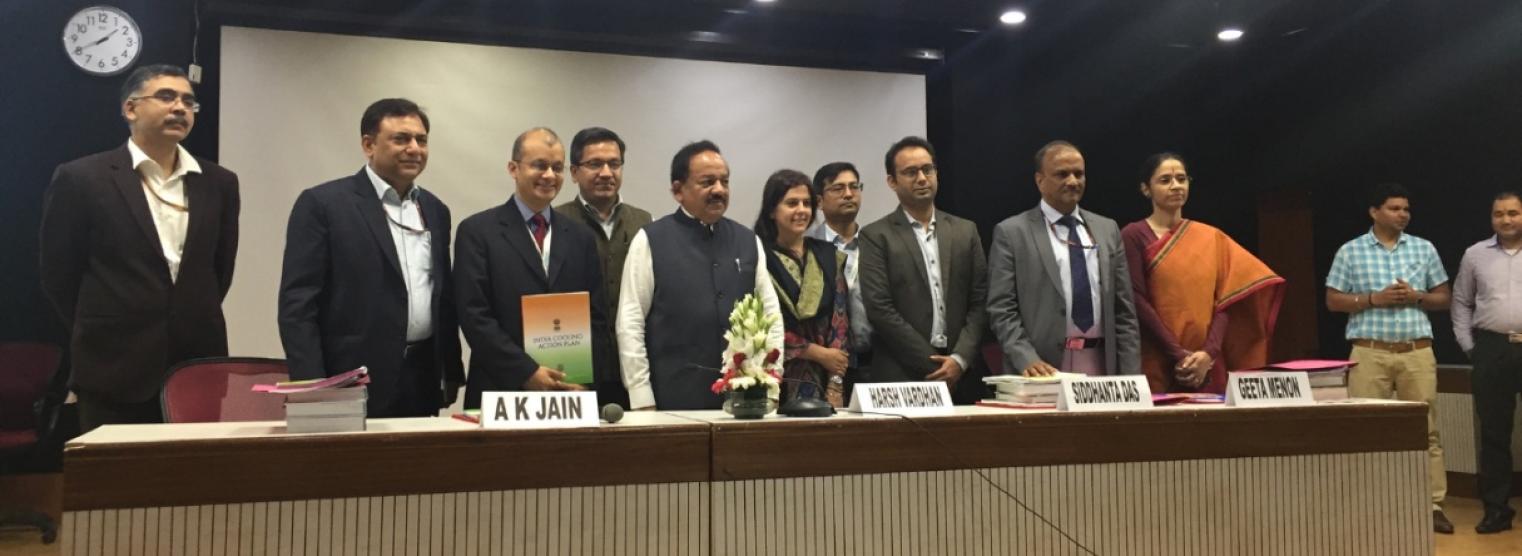




In 2019, India became the first country to draft a comprehensive national cooling plan. CEEW was one of the architects of this seminal document — the culmination of years of analysis across different end-use sectors for climate-friendly cooling. The Council contributed important chapters on the air conditioning service sector and research and development in sustainable cooling.
In the wake of the 2016 Kigali Amendment to the Montreal Protocol on Substances that Delete the Ozone Layer, which India ratified in 2021, CEEW undertook several assessments and studies. A crucial starting point was understanding the servicing sector. In 2017, one of the early studies used the survey technique to assess the prevalence of good service practices (GSPs) among technicians. Another report the same year looked to deepen our knowledge of this sector by evaluating skill gaps in service technicians.
CEEW identified research and development (R&D) as another key issue in the transition away from HFCs. The Council was at the forefront of the national conversation on sustainable cooling with a study that proposed the establishment of an R&D platform for developing new refrigerant technologies suited for India.
Insights from these reports have shaped recommendations for reforming the servicing sector and research and development initiatives. Since the publication of the national cooling plan, CEEW has been working assiduously to implement some of these recommendations as part of a consortium of research organisations.
The Council's studies released in 2020 on training and certification are especially salient, for they aim to help upskill and formalise the servicing sector. In 2021, a report suggesting institutional reforms to improve collaboration in cooling R&D was published. Further, CEEW has included energy efficiency in air conditioning to its research agenda to multiply the accruing climate benefits through Kigali commitments. A study released in 2021 drew insights for better penetration of energy efficient products in consumer markets, and shared them with industry and government stakeholders.

